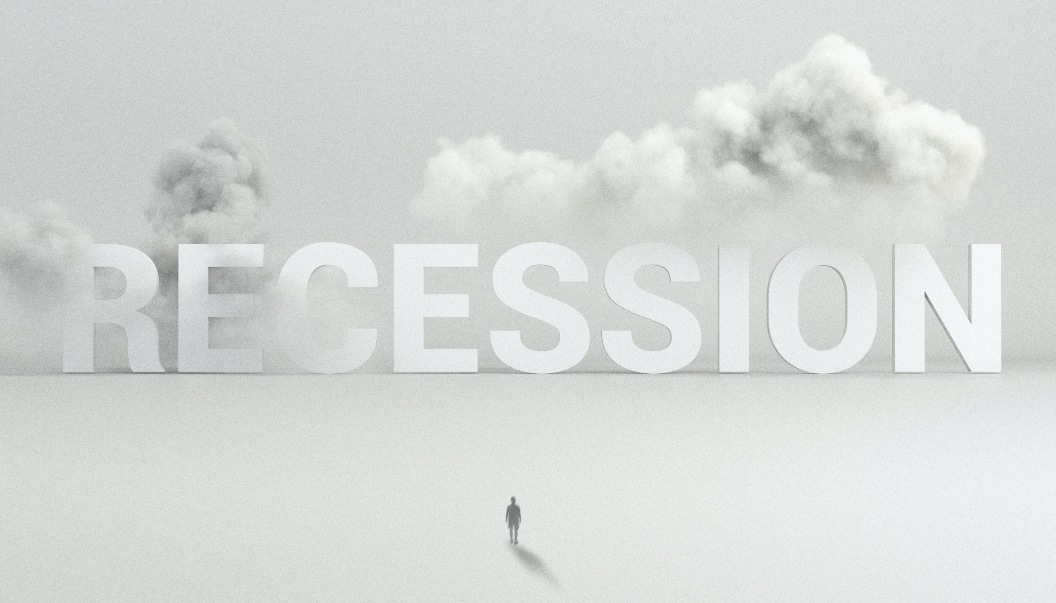Stock market slumps and high inflation mean it’s time to prepare.

By Jenny Hoff, Photo by D koi
It’s no secret the economy is in the midst of a slump, and it may yet get worse. With high inflation, rising interest rates, the stock market down, cryptocurrency crashes and low savings rates, some investors are starting to feel some panic when they look at their 401(k)s and other investments. The best way you can prepare is to get your financial house in order. Preparation can help you weather the financial ups and downs of our economy.
Track your costs.
Many people don’t really know the hard numbers when it comes to how much they spend per month on their home, electricity, gas, groceries, entertainment, subscriptions, car payments and more. Even if you generally know how much you spend per month on each category, now is the time to sit down with a sheet and look at your bills. By knowing how much you need each month to cover your bills (including credit card statements), you can plan how much you need in emergency savings in case your company starts laying off workers.
Don’t track the stock market.
If you have your money in a 401(k) or a basic index fund as an investment, don’t check every day to see how your stocks are performing. This can lead to emotional investing, where fear of a dip results in taking out your money before it’s had time to bounce back. Investments like this should be considered long term; as long as you have emergency funds (if needed), let your stock market investments ride the waves. According to 20 years of investing data dug up by Motley Fool, women are less impulsive investors than men, and reports show that women make fewer trades and even log into their investments less often than men. Keep that trend up!
Make a financial plan.
If you’re living in a dual-income household, do you have a plan if one of you gets laid off? What are some immediate expenses you could cut? Side gigs that you could start? Network now with other people in the industry so you have a foot in the door. It’s an employees’ market now, with many companies desperate for staff, but that could change. By also staying prepared, you won’t find yourself in a crisis situation. A financial plan can serve as a guide. By writing down what your long-term financial goals and short-term needs are, you don’t have to feel adrift if your financial situation changes.
Pay down debts.
If you have high credit card debt that you’re carrying over month to month, now is the time to focus on paying that down. With interest rates on the rise, your credit card bills could get much higher. If you cannot pay it off right now but have good credit, see if you qualify to do a balance transfer to a credit card with an intro offer of 12 or 16 months of no interest.
Beware that interest rates will kick in at a high rate as soon as the intro period is over, so it’s not a long-term solution. But if you make a plan to get the balance paid off in 12 months or so and have a good credit score, then making the switch is likely worth the transfer fees so you don’t keep accumulating interest on your debt. The key is to pay down any debt that doesn’t have a fixed interest rate as quickly as you can.
It’s scary when you see your investments losing value, watch the news about rising interest rates and hear of major companies laying off workers, coupled with high inflation and astronomical gas prices. Instead of going into panic mode or ignoring the signs and hoping for the best, calmly getting your financial situation manageable and organized will give you the best chance of getting through any recession on the horizon.
